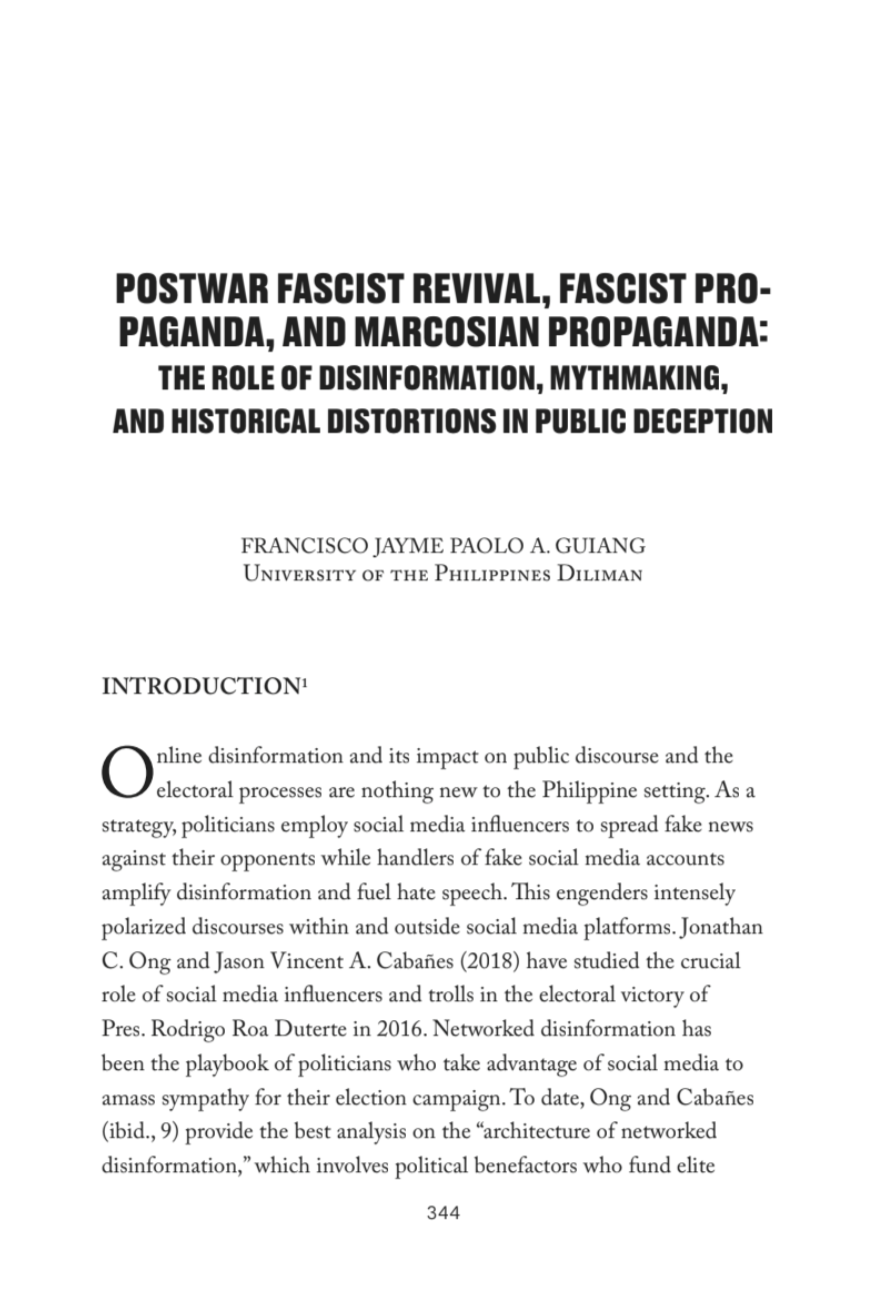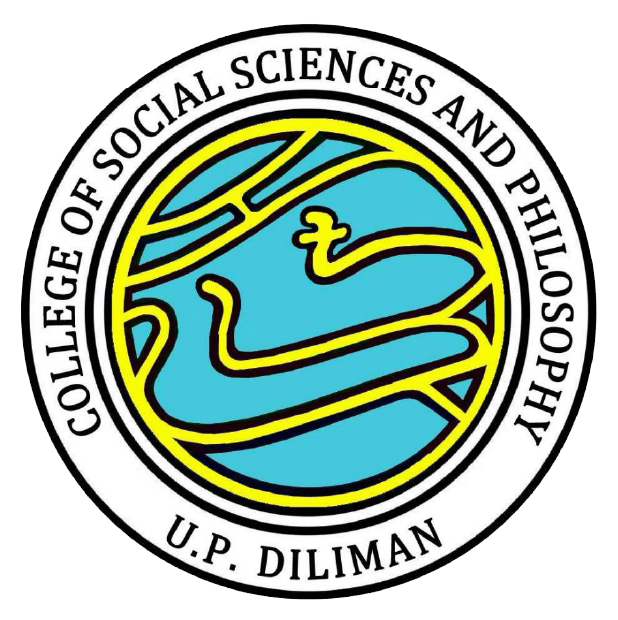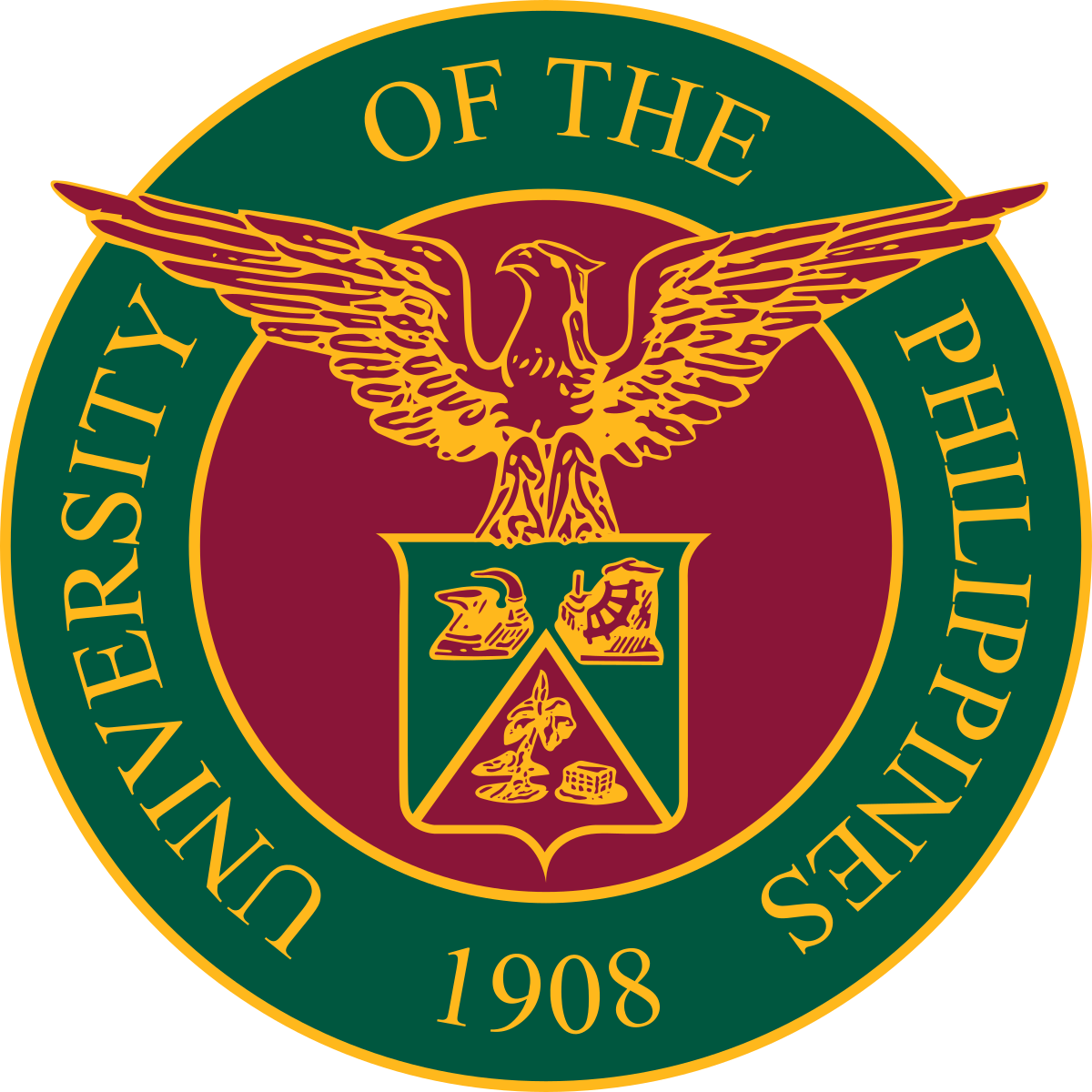
Postwar Fascist Revival, Fascist Propaganda, and Marcosian Propaganda: The Role of Disinformation, Mythmaking, and Historical Distortions in Public Deception
Martial Law @50: Alaala at Kasaysayan ng Pagbabalikwas
Faculty Involved:
Francisco Jayme Paolo A. Guiang


